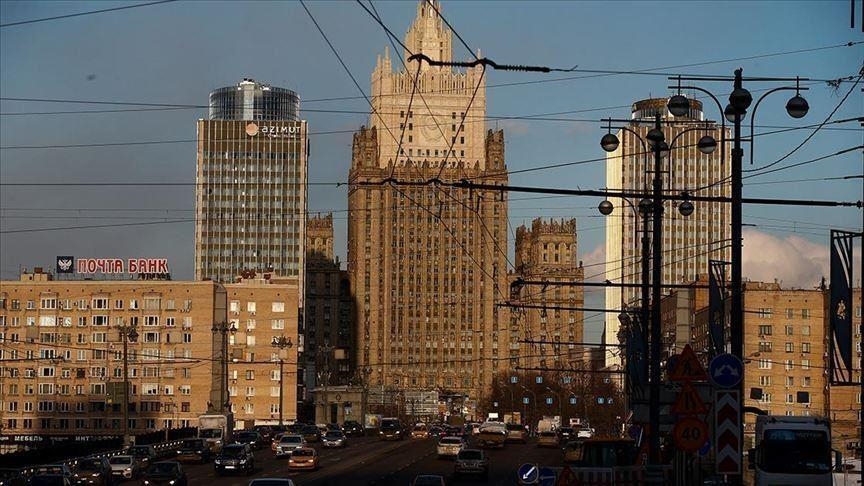If it continues like this, western Thrace
The Socialist PASOK governments in the 1980s, headed by Andreas Papandreu, followed a very harsh policy against Turkey. When Greece became a European Union member in 1981, it almost blocked our relations with the union. This was its revenge for the 1974 Cyprus intervention. The 1988 Davos process put a stop to this state of affairs. Tension between the two countries decreased. Areas of cooperation, from the easiest, were increased. However, father Papandreau fell ill in 1990. Three national elections were held within a year. In the first one, the two biggest parties shared the parliamentary seat, making the single seat occupied by the Turkish minority living in western Thrace crucial to the formation of a government. This development made the Greek political leadership very uncomfortable.
The New Democracy won the second elections by a small margin. The leader of the party Constantin Michotakis was a moderate and calm statesman. The Turkish foreign policy community thought they could have better relations with him. However, Michotakis slowed down the Davos process started by the previous prime minister. He then changed the constitution, forcing independent candidates to require 3 percent national support in order to be elected as a parliamentary deputy. However, the national percentage of the minority’s vote was 1.3 percent. Those who criticize our 10 percent election threshold, which does not prevent the election of the independent candidates, always ignored this fact.
An EU country was taking precautions not in accordance with democracy to prevent the election of the representatives of a minority with a population of less than 150,000. The European Union, for which human rights violations in candidate countries are very important and those within its borders are totally ignored, failed to speak out. The minority was forced to choose its representative from Greek parties. In 2000, two Turkish PASOK deputies from Gumulcine and Iskece entered Greek Parliament.
It might be pointed out, "Greece has changed significantly. Son Papandreu had the courage to call the minority Turkish. A lot of the limitations have been lifted." That’s right, but Michotakis’s heir Costas Karamanlis still shrinks from using the word, "Turk." Even at a time the European Court of Human Rights settled the matter through a judicial process.
Actually, there are many problems that remain to be solved. It should continue to elect the Turkish deputies in the Greek parties at a time it cannot elect them independently. But, what do we see? There are too many candidates. They are divided among themselves on who to elect. However, the Greek election law depends on a national balance. The minority vote being divided among parties may result in no Turkish candidate being elected.
There could be a few reasons behind this. When the pressure applied on a minority is significant, it is easier for them to unite behind the community’s leaders. As the pressure is relaxed, the unity starts to collapse and people forget about the presence of minority issues.
However, the real reason is that the New Democracy Party’s chances of emerging as the victor from the elections have risen. On the other hand, the minority is in the habit of voting for PASOK. This is the reason behind the increase in the number of candidates, the division of the votes and the chance that no Turkish candidate will be elected. The right thing to do is to ensure candidates, with no likelihood of being elected, withdraw, if not voting for them and to concentrate on those candidates, who are likely to be elected.
The minority is in need of leadership at this time. The elected muftis can play such a role. Especially Mehmet Emin Aga, with the authority his age provides, can find a middle way. Many of our compatriots, with necessary political experience, will also discuss among themselves and find a solution. It will also be good for the Greek citizens living in Turkey, who are estimated to number around 10,000, to make a short trip to their mother country to participate in the elections.
Come on then.



